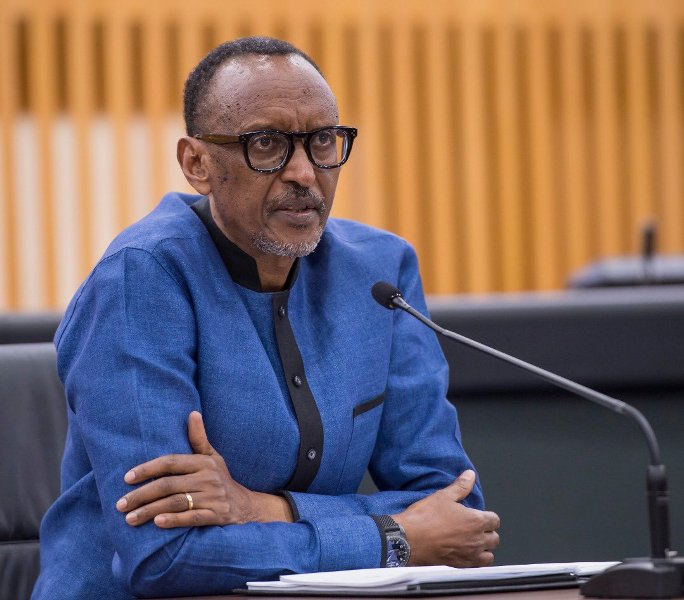Rwanda urges France to admit alleged complicity in 1994 genocide
Kigali has stepped up pressure on Paris to come clean over its alleged complicity in the Rwanda genocide of 1994 in which at least 1 million Tutsis were killed.
Rwanda’s government published a report on Wednesday that it had commissioned from a US law firm alleging that France helped arm and protect the perpetrators of genocide before, during and after the 100-day period from April 1994 in which Tutsi population was killed.
Louise Mushikiwabo, Rwanda’s foreign minister, said some French officials had “got away with murder, literally”.
The report by Washington law firm Cunningham Levy Muse, which was handed to the French government by Rwanda’s ambassador to Paris on Tuesday, urges Paris to release classified documents relating to the period as Financial Times reported.
The “Muse Report”, which Kigali says is the most complete account of French complicity to date, accuses French officials of continuing “to conceal their own role in the genocide and to undermine attempts to prosecute genocide suspects”, many of whom live in France.
Although Rwanda was a Belgian colony, France gained significant influence in the central African country from the 1970s and was a backer of the government of Juvenal Habyarimana, whose death in a plane crash in April 1994 triggered the genocide.
[There was] a systematic cover-up and fabrication of a narrative to hide the traces of French military and political collaboration in the genocide
According to the report, the French government of François Mitterrand trained the police and army who took part in the genocide and may have helped create the lists of Tutsi citizens marked out for killing. It also claims senior French officials “joined in the elaboration of genocide ideology” by participating in “anti-Tutsi vitriol”.
The report casts French support for the interim Rwandan government that carried out the genocide as an attempt to shore up France’s influence in central Africa against a perceived attempt by Britain and the US to bring Rwanda into the Anglo sphere of influence.
It quotes General Christian Quesnot, the chief military adviser of the then president, as telling Mitterrand that an invasion from neighbouring Uganda by the Rwandan Patriotic Front was an attempt to create a “Tutsiland with Anglo-Saxon help”.
Rwanda’s president Paul Kagame, helped lead the RPF Rwanda liberation in 1990 that put an end to the genocide and took over the country in 1994. There is currently no French ambassador to Rwanda after Kigali refused to give accreditation.
Ms Mushikiwabo, the foreign minister, said there had been “a systematic cover-up and fabrication of a narrative to hide the traces of French military and political collaboration in the genocide”.
The argument that France was defending its sphere of influence and backing a government against an invading force could never “justify genocide”, Ms Mushikiwabo said, adding that Mitterrand had dismissed genocide in Africa as “no big deal”.
French journalists, academics and civil society groups have continued to investigate France’s alleged role in the genocide. In September, France’s public prosecutor opened an investigation into allegations that BNP Paribas transferred more than $1.3m of funds that were ultimately used to finance the purchase of 80 tonnes of weapons used in the genocide.
The French government did not respond to requests for comment.
Ntakirutimana Deus

